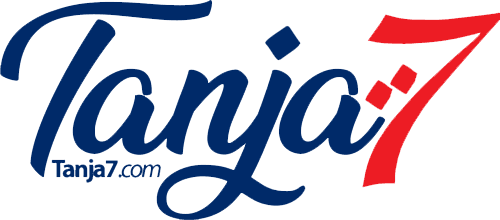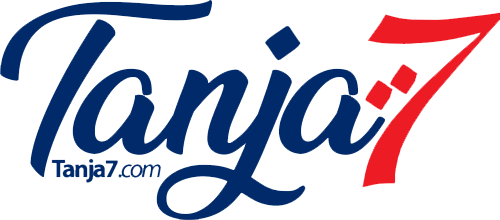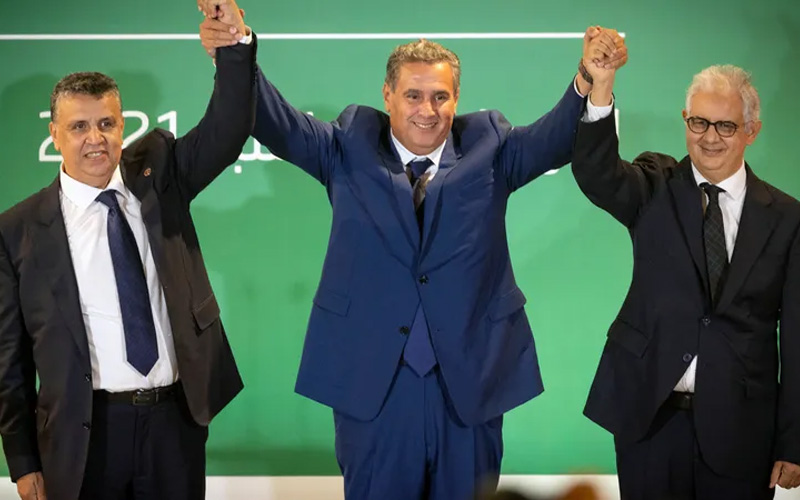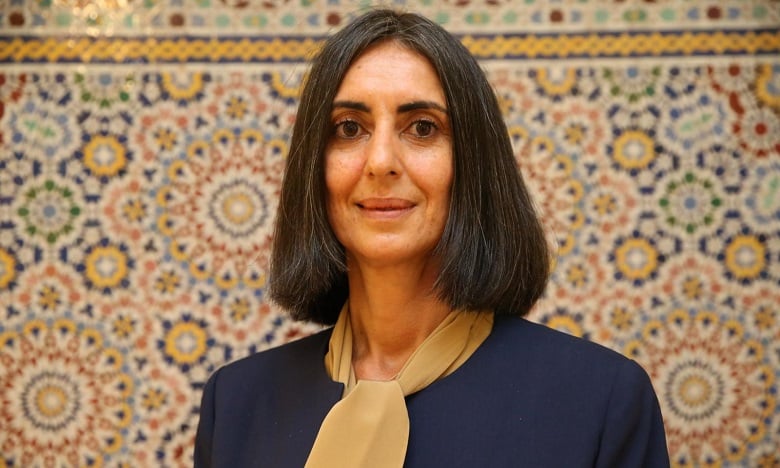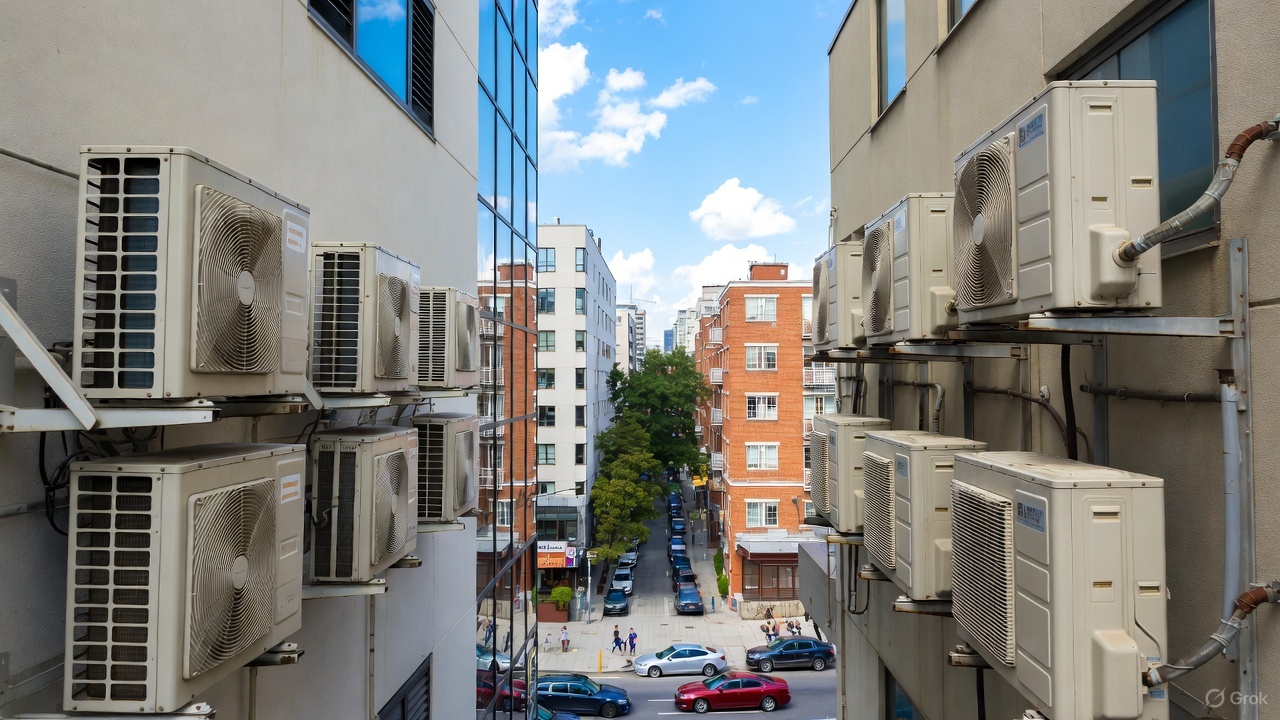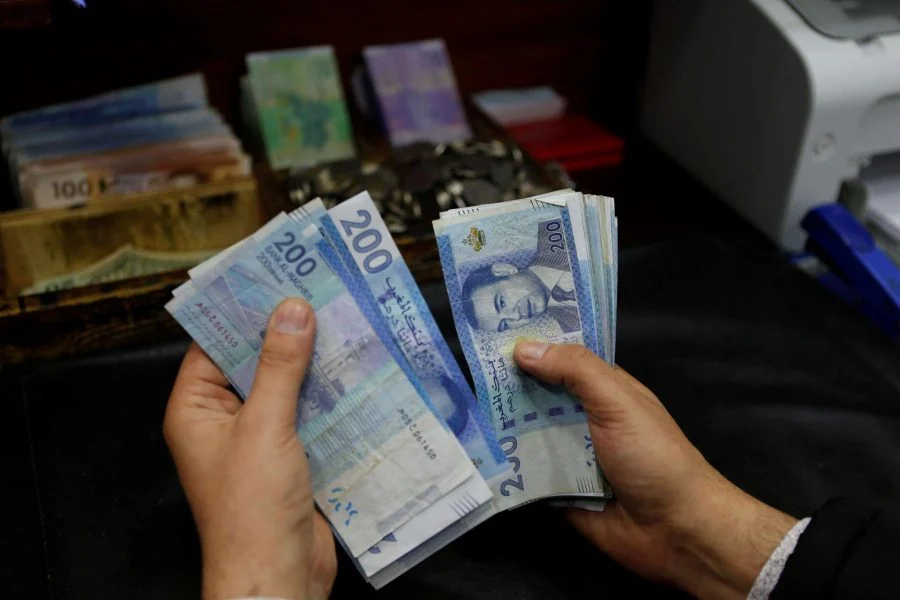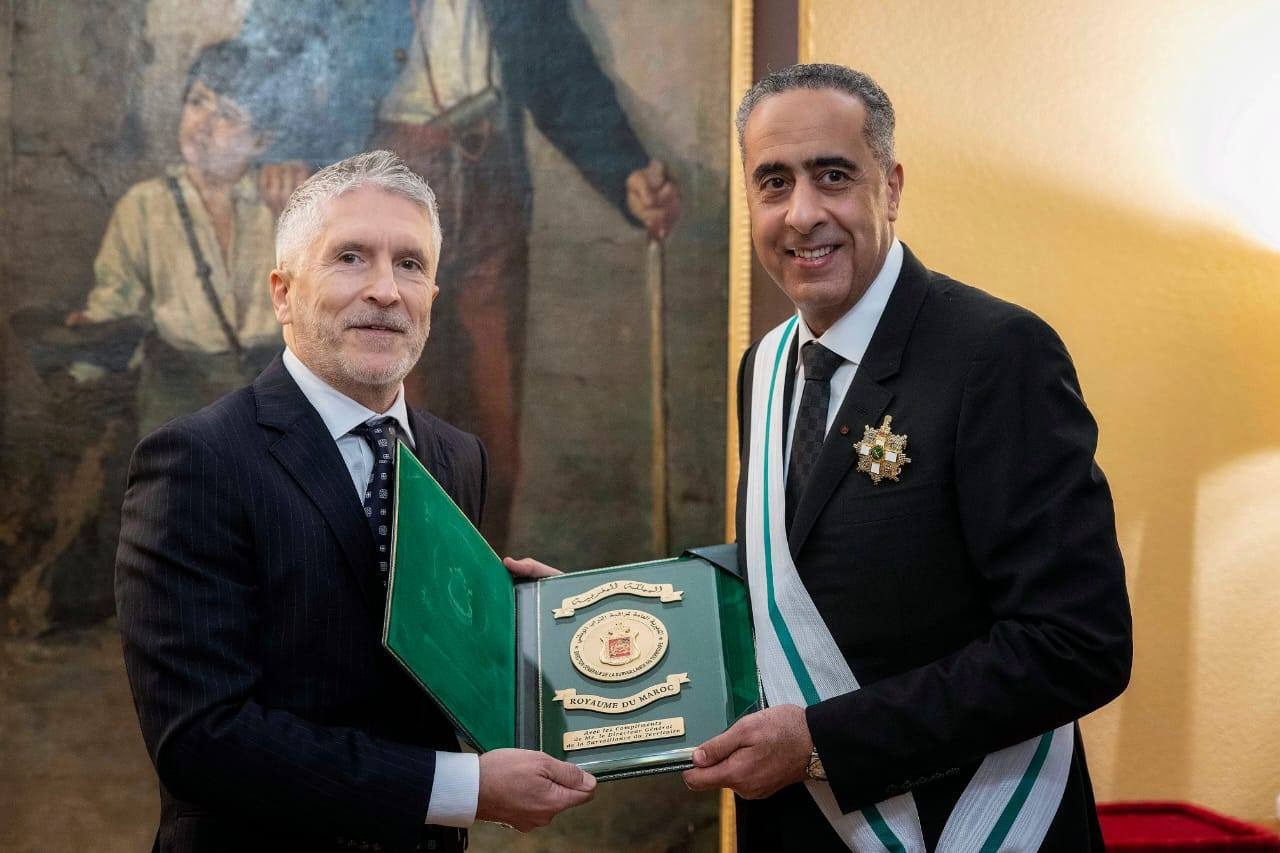The Moroccan government has outlined key directives for the next three years, focusing primarily on rationalizing expenditures, delivering quality services to citizens, and controlling financial positions.
Within the framework of a three-year budget plan (2026-2028), the government aims to reduce the budget deficit to 3% of the Gross Domestic Product for the years 2026, 2027, and 2028, according to the budget execution report and macroeconomic framework related to the draft finance law for the upcoming year.
The report published on the Ministry of Economy and Finance’s website indicates that achieving the budget balance objectives for 2026 requires a strict approach to controlling and rationalizing public expenditures, given the significant challenges associated with public finance management.
The main directives for the 2026-2028 period emphasize controlling financial positions, ensuring that proposals are limited to essential needs to provide quality services to citizens, while also optimizing human resource management to address regional shortages.
These directives also focus on rationalizing operational expenditures through optimal management of certain costs, particularly those related to water and electricity usage, communication expenses, transportation costs within and outside the kingdom, as well as expenses for reception, accommodation, events, and studies.
Furthermore, the plan aims to enhance investment efficiency by prioritizing projects included in agreements signed before His Majesty King Mohammed VI, as well as those established with international institutions or donor countries, ensuring a faster pace for ongoing projects.
According to the same source, there will also be an emphasis on strengthening legislative and regulatory provisions related to expropriation for public good by preemptively addressing the legal status of property before programming any new project, with a goal of minimizing expenses for vehicle acquisition and the construction and renovation of administrative facilities.
The report confirms that these directives will also apply to state facilities managed independently, the special treasury accounts, and public institutions.
This three-year budget programming enables the preparation of a multi-year budget that is updated annually to adapt to the evolving financial, economic, and social circumstances of the country. This tool aims to integrate public finance management into a multi-year perspective to ensure budget sustainability, enhance the accountability of managers through improved forecasting capabilities, and increase transparency in public administration.
Source
